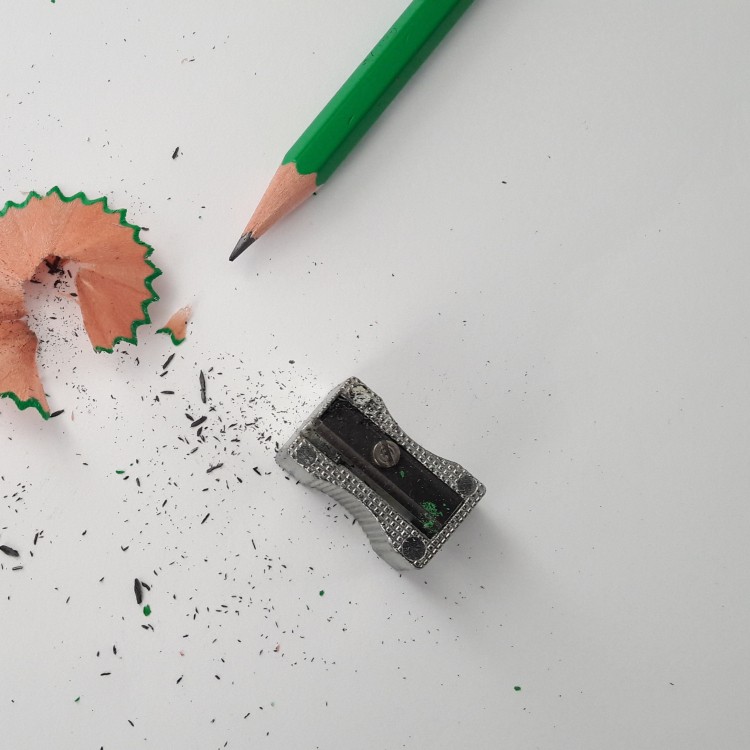
Admissibility of auxiliary requests filed during oral proceedings after a reversal of the preliminary opinion | T1776/18
Catchwords
- Article 114(2) EPC provides a legal basis for disregarding claim requests which are not submitted in due time (Reasons 4.5.1-4.5.11).
- A claim request which is filed in opposition proceedings after the date set under Rule 116(1) EPC is not submitted in due time within the meaning of Article 114(2) EPC (Reasons 4.6.1-4.6.10).
- Rule 116(2) EPC does not limit the Opposition Division's discretionary power under Article 114(2) EPC and Rule 116(1) EPC. As a rule, this discretionary power does not depend on the contents of the Opposition Division's communication under Rule 116(1) EPC. However, if the Opposition Division invites the patent proprietor to file an amended claim request to address a specific objection and the patent proprietor complies with this invitation by filing the required amendments by the date set under Rule 116(1) EPC, the Opposition Division's discretion not to admit that claim request may effectively be reduced to zero (Reasons 4.7.1-4.7.8).
Background
In T1776/18 the admittance of auxiliary request 4A is discussed. During opposition, this request was not admitted for being late filed. AR 4A was filed at the oral proceedings as a response to a novelty objection by one of the Opponents that had been raised on the last day of the Rule 116 period. Based on this objection, the OD concluded that the claim under scrutiny lacked novelty, i.e., a reversal of the preliminary opinion by the OD.
The Patentee (P) filed AR 4A and argued that in analogy with T 754/16, auxiliary requests filed during oral proceedings in a direct response to a reversal of the preliminary opinion had to be admitted; the OD would have no discretionary power to not admit the request. The OD, however did not admit the request and pointed to Art. 114(2) EPC as legal basis for the discretionary power.
After AR 4A, P submitted AR 4B. This request was considered admissible and allowable. During opposition, the patent was therefore maintained in amended form. Both opponents and P appealed the decision by the OD.
Legal basis for not admitting amended claim requests in other case law
The Board made a fundamental analysis to establish whether the OD had a discretionary power and whether this power was used correctly. In this context, Art. 114(2) EPC provides this discretionary power for facts or evidence which are not submitted in due time. R116(2) EPC, on the other hand, provides for a delimited period for P to file auxiliary requests in response to a negative preliminary opinion.
Considering Art. 114(2) EPC only applies for facts or evidence, the Board first assessed if a claim amendment is a fact in the context of Art. 114(2) EPC. The case law on this issue is divergent; there have been decisions wherein the patent as granted and the claims as amended were considered to be facts in the sense of Art. 114(2) EPC (e.g., T1855/13, T 604/01). However, there also have been cases, in particular a petition for review case before the Enlarged Board of Appeal, wherein it was argued that claim requests were neither facts nor arguments. Legal basis for the discretion of the Opposition Division to admit claim requests would then follow from alternative provisions such as Art, 123(2) EPC (R 6/19) or Rule 116(2) EPC (reasons 4.5.1-4.5.3) .
In T 754/16 (as referred to by P) claim amendments were not deemed Art. 114(2) EPC facts and hence this did not provide a legal basis for not admitting amended claim requests. The present Board criticized, however, that this view of T 754/16 is founded on a specific situation being whether claim amendments are allowable when the opponent is not present at oral proceedings (relating to Art. 113(1) EPC – right to be heard) which all stem from G4/92.
Contrary to T 754/16, the present Board deemed that this specific Art. 113(1) EPC opinion could not be extrapolated to Art. 114(2) EPC. Several decisions that refer to G4/92 specifically mention the G4/92 context or teach that only under specific circumstances such amendment is admitted. This latter explanation implicitly points to that claim amendments are treated as facts; otherwise there would be no need to provide a motivation.
View by the present Board
The first argument of the Board for treating claim amendments as facts is that claims are deemed “the statement of technical facts in legal terms” (reason 4.5.5). Even for clarity reasons a technical interpretation is needed. Moreover, a claim amendment needs to be substantiated, which involved the view of the skilled person in perspective of their common general knowledge. Common general knowledge is a question of fact and not a legal construct (reason 4.5.6). Therefore, a claim amendment concerns a change of a technical feature, so a fact.
A teleological interpretation of the purpose of Art. 114(2) EPC (i.e., to serve procedural efficiency and to prevent unnecessarily protracting of proceeding) also supports the understanding that substantiated claim amendments are facts. In this perspective, the Board deems that late filed claim amendments should not be treated differently than late filed submissions of an opponent.
The Board continues with a systematic interpretation of Art. 114(2) EPC. Art. 114(1) EPC states that the EPO in its examination is not restricted to ‘the relief sought’ by a party. This relief is not mentioned as a factor that may be disregarded in Art. 114(2) EPC, consequently this ‘relief sought’ could be seen as a factor that may not be disregarded. The Board deems that an interpretation wherein ‘the relief sought’ concerns claim amendments is at par with Art. 113(2) EPC. Art. 113(2) EPC restricts examination to the text agreed to by the Applicant (including claim amendments). The ‘relief sought’ to which the EPO is not restricted to in Art 114(1) EPC therefore cannot be claim amendments, as the EPO is restricted to claim amendments by Art. 113(2) EPC.
The concept of ‘not submitted in due time’
The next question the Board answered is whether AR 4A is filed in due time. The Boards pointed to that an opposition procedure has fixed points such as the Rule 79(1) EPC period for responding to a notice of opposition and the Rule 116(1) EPC period for responding to a preliminary opinion. Not meeting these time points may be considered that a response is not filed in due time. A relative approach could also be taken, in which previous events (such as an unforeseen event) may occasion that a response is deemed not to be late filed. The Board dismissed the relative approach because for such approach “the discretionary power is not clearly and predictably delimited by the law itself” (reason 4.6.7).
This view is strengthened by Rule 116(1) EPC (preliminary opinion and setting a time limit for a response). The Board pointed to that Rule 116(1) EPC fourth sentence, provides a criterium for admittance of facts and evidence filed after the Rule 116(1) EPC time limit being: ‘that the subject of the proceedings has changed’. Such criterium is at par with a relative approach towards the meaning of ‘late filed’; for the same reason (for example because of a ‘sudden’ change) a request would ‘not be late filed’ (relative approach) but would also be ‘late filed but still admitted’.
The Board therefore deemed a fixed approach is appropriate and AR 4A is not filed in due time according to Art. 114(2) EPC.
Rule 116 (2) EPC as legal basis for admissibility of late filed claims
The Board then discussed T 754/16 and its interpretation of R 116(2) EPC once more. Rule 116(2) EPC states that P is allowed to file amended claims after having received a ‘negative’ preliminary opinion within a specific time period. T 754/16 concludes that based on Rule 116(2) EPC, when a positive preliminary opinion has been provided, as a matter of principle, a change of such opinion would make subsequent claim amendments filed in due time. The present Board did not read this in Rule 116(2) EPC and provided teleological (reasons 4.7.4) and systematic interpretations (4.7.6) to support this.
Decision by the Board of Appeal
The final question is if the OD did use its discretionary power correctly (reason 4.8). The criteria are if the discretion was exercised according to the right principles, in a reasonable way, and without exceeding the proper limits of discretion. AR 4A concerned an amendment that was taken from the description and that was presented for the first time only after all the other AR’s were deemed unallowable. This new AR 4A raised new issues that would need adjournment of the proceedings.
The decision not to admit this AR was deemed according to the right principles. Due to the new issues the AR should have been filed earlier (for example before the oral proceedings) and it was not unreasonable not to admit.
AR 4B that was filed after not admitting AR 4A was admitted by the OD because it was based on an AR already on file. This showed that the OD duly assessed the AR’s.
In the end, the Board concluded that AR 4B (which was granted by the OD) lacked inventive step. The patent was revoked in its entirety.
Summary written by the NLO EPO Case Law Team






